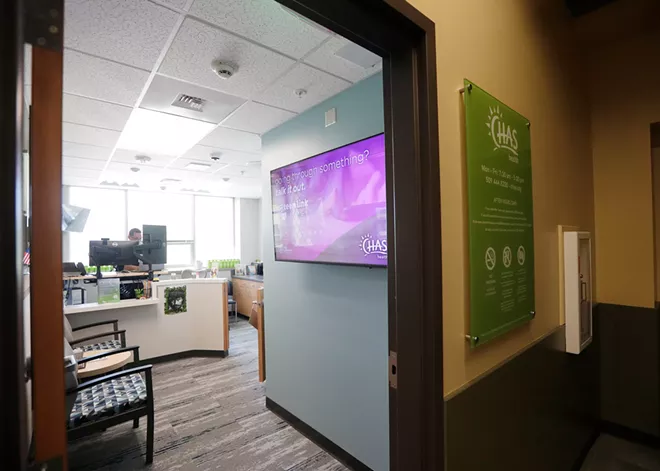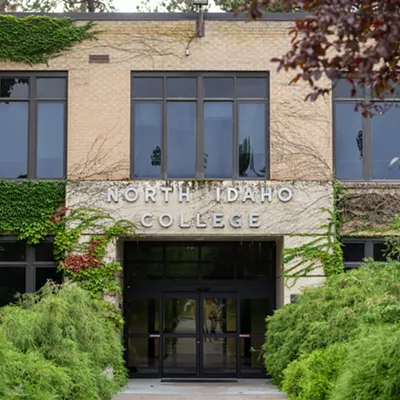The Community Health Association of Spokane (CHAS) formed in 1994, and a year later it opened a single clinic with two exam beds and a desire for a healthier Spokane. Now, as CHAS Health marks its 30th anniversary on Sept. 8, it's grown to 25 locations with nearly 2,000 employees providing medical, dental and behavioral health care. Over the years CHAS opened facilities around the Inland Northwest to ensure care was available. In 1999, the organization opened a clinic in the Valley (Spokane Valley wasn't its own city yet), in 2005 it opened a clinic in Deer Park and then in 2009 it opened a health center in Lewiston, Idaho — its first location in another state. CHAS has also begun operating health clinics in the region's schools to ensure that students and their families can easily access health care. The first opened in Airway Heights at Sunset Elementary School in 2012 and then another opened inside Spokane's Rogers High School in 2020, providing more than 1,500 students access to medical and behavioral health care. Since then, two more clinics have opened at North Central and Shadle Park high schools. (COLTON RASANEN)
DIVERSE DATA
Health research is only as insightful as its study participants are diverse. According to the National Institutes of Health (NIH), clinical trials have sometimes relied almost exclusively on white male participants. This has led to serious gaps in understanding diseases and treatment. To fill those gaps, NIH is traveling the country to find 1 million people willing to help build its largest, most diverse dataset yet. It's called the All of Us Research Program, and it's coming to Spokane. From Sept. 10-15, Morning Star Baptist Church will host the hands-on exhibit about the importance of participating in health research. It features augmented reality experiences, games and the opportunity to sign up. Anyone, healthy or sick, is eligible to join. Participants will volunteer a wide range of information, such as where they live, what they do and what their family medical history is. The de-identified information will be added to a dataset that more than 800,000 participants have joined so far. Nearly 80% of participants are from underrepresented demographics — including race and ethnicity, sexual and gender identities, rural populations, seniors, people with disabilities, and people with low income, limited education, or limited access to health care. (ELIZA BILLINGHAM)
























